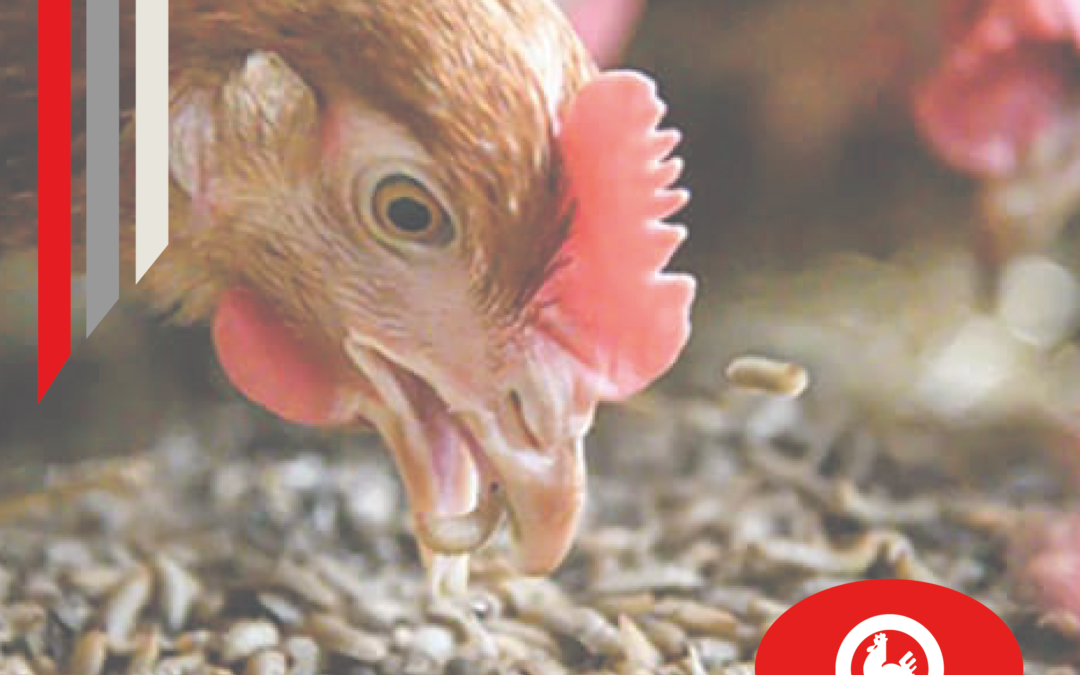One of the biggest challenges for livestock and poultry production is the ever-increasing cost of feed, which accounts for about 70 per cent of total production costs.
Increasing meat production requires the need to expand agricultural areas and increase feed and water consumption. Reducing arable land, global climate change and the shortage of fresh water resources make it difficult to meet the growing demand for protein. In this context, it makes sense to look for alternative, sustainable sources of protein that can contribute to global food security.
Insect farming could be a practical, cost-effective and sustainable approach for the production of high-value protein. It could have a smaller environmental footprint than traditional agriculture, with reduced land and water use, waste and pollutant emissions.
Insect proteins may offer health benefits to farmed animals, potentially improving their immunity and reducing the need for antibiotics. This is particularly important in the context of growing concerns about antibiotic resistance and the desire for sustainable and healthier husbandry practices.
Furthermore, insects can contribute to waste management by consuming organic waste materials. One example is the larvae of the black soldier fly, an insect that is particularly efficient at converting organic waste into protein-rich biomass.
Overall, insect farming represents a promising and innovative approach to addressing the economic and environmental challenges of the livestock and poultry industry. As the industry explores and adopts sustainable practices, this alternative could play a significant role in creating a more resilient and environmentally friendly food production system.

